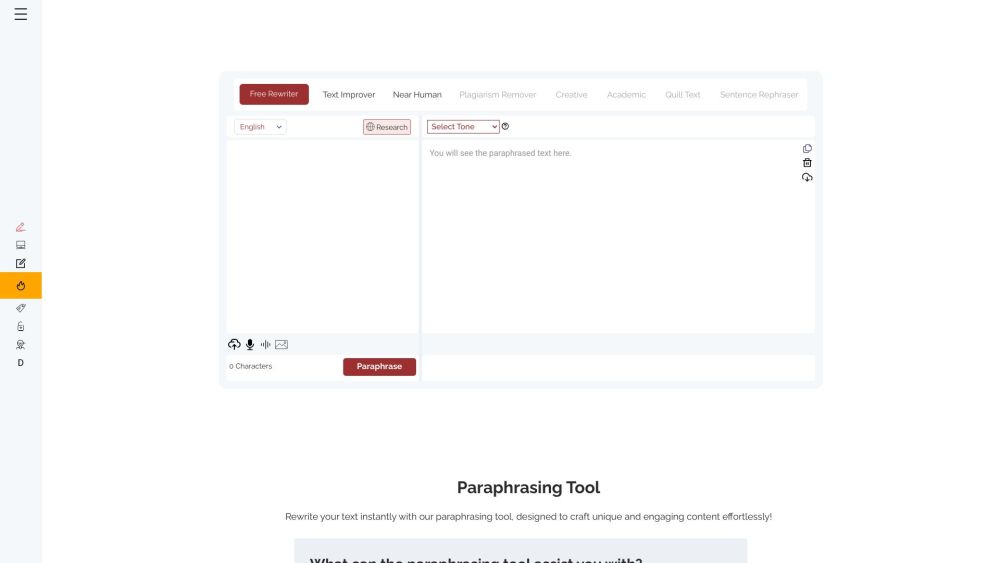Ema Secures $36 Million in Series A Funding for AI Agents
San Francisco-based startup Ema, founded by former Google and Okta employees, has announced it is raising $36 million in a Series A funding round. This investment increases the company's total funding to $61 million, with contributions led by Accel and Section 32.
Revolutionizing Enterprise Automation
Ema plans to utilize this new funding to enhance its proprietary technology, enabling enterprises to configure and deploy no-code AI agents, referred to as “universal AI employees.” These agents can automate a variety of tasks across different business functions.
"Our mission at Ema is to automate mundane tasks traditionally handled by human employees, allowing them to focus on higher-value work," said Surojit Chatterjee, CEO and co-founder. “Ema is designed to adapt to any organizational role, from customer support and sales to legal and compliance.”
Rapid Growth and Market Demand
Emerging from stealth mode just a few months ago, Ema is already experiencing significant demand, with its AI agents being deployed across sectors such as fintech, legal, healthcare, and e-commerce. However, the competitive landscape is evolving rapidly, with numerous vendors leveraging foundational models to deliver ready-to-use AI agents.
The Evolution of AI Agents
Before the advent of large language models (LLMs), enterprises primarily automated basic tasks with rigid, flow-based chatbots that lacked context and learning capabilities. The introduction of LLMs has transformed the chatbot experience, enabling the development of powerful AI agents that provide reliable answers and execute complex actions across various enterprise applications.
Ema embodies the concept of the universal AI employee, streamlining processes in customer service, technical support, sales, and marketing.
No-Code Platform and Customization
At its core, Ema offers a no-code platform with a library of pre-built AI employee templates. Users can easily select an agent for specific use cases, engage in guided conversations, and deploy customized Ema personas capable of making decisions, creating plans, and orchestrating workflows — all while collaborating seamlessly with humans.
"Ema empowers enterprises to create tailored personas by specifying goals, resources, and constraints,” noted Chatterjee. “This democratization of AI allows non-experts to quickly develop and deploy personalized AI employees, enhancing productivity across the organization."
Advanced Technology Underlying Ema’s Agents
Ema’s agent deployment is powered by a Generative Workflow Engine, which generates workflows and orchestration code by connecting desired data sources and applications using over 200 connectors. This enables the deployed AI agents to gain contextual awareness while performing actions across systems.
To ensure optimal performance post-deployment, Ema utilizes a sophisticated 2T+ parameter mixture of experts model called EmaFusion. It integrates over 100 public LLMs and custom models to maximize accuracy and cost-efficiency.
Additionally, users can integrate their own custom models trained on proprietary data. Ema prioritizes data protection with systems for safe redaction, end-to-end encryption, audit logging, and compliance with international security standards.
Looking Ahead in a Competitive Landscape
While specific revenue figures weren't disclosed, Chatterjee revealed that Ema's customer base has tripled since launching in March 2024, serving diverse sectors like fintech, legal, healthcare, and insurance. Companies like Envoy Global and TrueLayer already utilize Ema, achieving performance levels that meet or exceed human standards.
Looking ahead, Ema plans to use the new funding to further enhance its technology and expand its marketing team to better serve its growing customer base. As the market for conversational AI agents expands, competitors like Decagon, Yellow AI, Cognigy, and Rasa are also rising to prominence, along with new entrants like Sierra, co-founded by Bret Taylor and backed by $110 million in funding. Ema’s capacity to stand out in this fast-evolving sector will be crucial to its sustained success.





